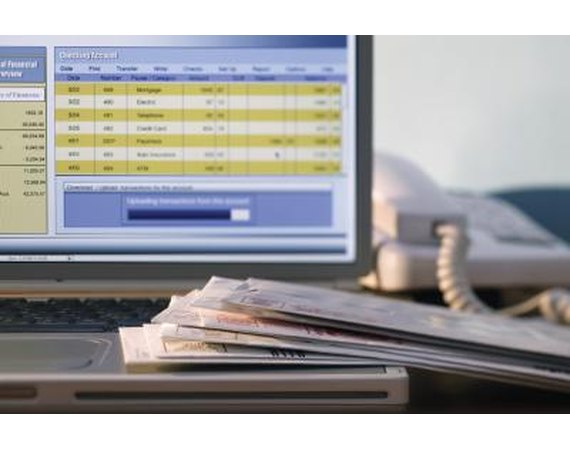Independent agencies use rather complex and secret formulas to calculate your credit score. However, your available line of credit is factored into the calculations. Generally, the higher your line of credit, the higher your score.
Formulas
The precise formulas used by the major credit rating agencies are kept secret, as the exact formulas are trade secrets. However, we do know that a few critical factors have the greatest impact on your credit score. These include your payment history, the length of your credit history, types of credit, collateral, your total debt to total available credit ratio.
Available Credit
With everything else staying constant, a decline in your line of credit will naturally increase your total debt to total available credit ratio. This increase may negatively influence your credit rating. On the other hand, a simultaneous decrease in your total outstanding debt and available line of credit will not influence this ratio badly, and won't necessarily lead to a decline in your credit score.
Considerations
While you cannot prevent credit card issuers or other types of lenders from cutting your line of credit, you can keep your credit score up by keeping credit card accounts active. Do not cancel an old credit card just because you receive an offer for a new one or have an unfavorable rate on an existing card. Instead, reduce your balance to a negligible amount -- or even zero -- and keep the account open.

























